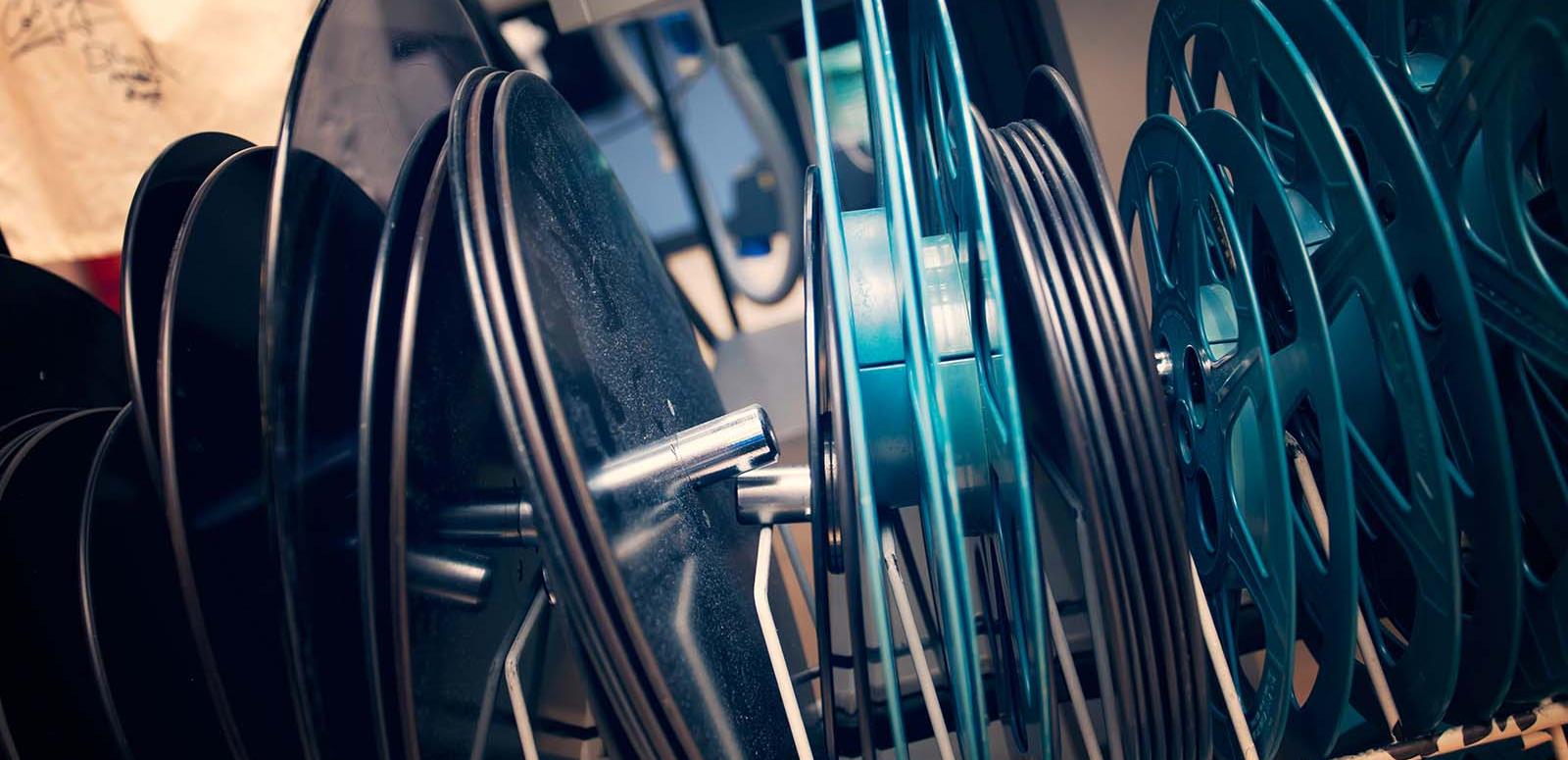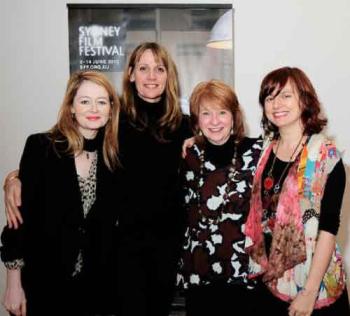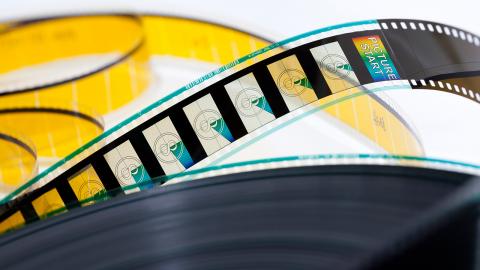

35mm prints of Australian classics screen at SFF
The NFSA’s new 35mm prints of Love Serenade (Shirley Barrett, 1996) and The Last Days of Chez Nous (Gillian Armstrong, 1992) premiered at a packed double-bill at the 2010 Sydney Film Festival. The 35mm prints were preserved as part of the NFSA’s Deluxe/Kodak Project and projected onto the big screen in the Art Gallery of New South Wales theatre.
The double-bill kicked off with Love Serenade (Winner of Camera D’Or in Cannes in 1996) and the audience thoroughly enjoyed re-visiting the black comedy – they laughed hysterically at the quirky and awkward scenes featuring Miranda Otto, Rebecca Frith and George Shevtsov (the loveable radio guru Ken Sherry!). Director Shirley Barrett expressed her happiness after seeing the new print, saying, ‘It’s a wonderful feeling for me to re-visit Love Serenade – my first feature – after all these years, and to see the print looking so fresh and clean and beautiful.’
The Last Days of Chez Nous screened to a full-house, and for many in the audience it was an opportunity to see the film for the first time. Director Gillian Armstrong said, ‘It was a privilege to have The Last Days of Chez Nous selected by the NFSA to have a new preservation print made to be kept for posterity.’ Seeing the film again reminded Armstrong of ‘how wonderful Helen Garner’s script was and how acute, both sad and funny, her observations of people and relationships was and still is’.

After the screenings the audience was treated to a panel discussion with producer Jan Chapman, Gillian Armstrong, Shirley Barrett, Miranda Otto and Kerry Fox – hosted by Margaret Pomeranz. Armstrong said it was ‘frightening to see whether the film now felt like history or if it had stood the test of time’. Chapman stated that both films were ‘landmark films in their era’. It was an inspiring discussion, especially for young female film-makers in the audience.
Both Love Serenade and The Last Days of Chez Nous were produced by Jan Chapman (Official Competition Jury President for the Sydney Film Festival 2010). Chapman said it was a great pleasure to see the restored prints and was pleased that the NFSA had initiated preservation, helping ‘to ensure an accurate and fascinating history of Australian films exists, and making these titles available again for contemporary and future audiences’.
The National Film and Sound Archive of Australia acknowledges Australia’s Aboriginal and Torres Strait Islander peoples as the Traditional Custodians of the land on which we work and live and gives respect to their Elders both past and present.


